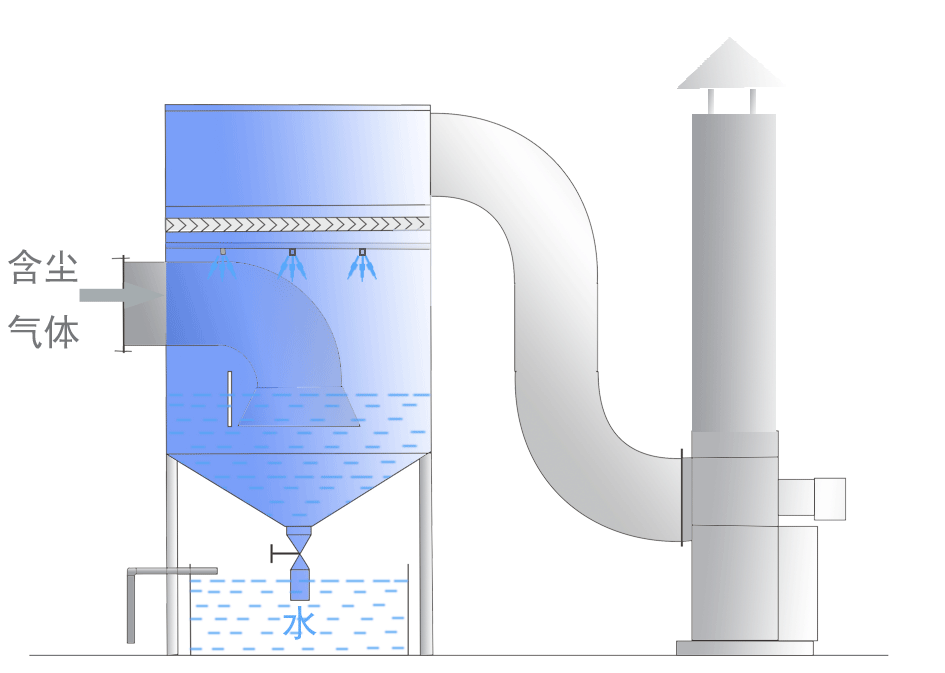


Indonesia's rapid industrialization has brought about significant challenges in managing the byproducts of its primary energy source: coal. Coal dust, a fine powdery material produced during coal processing and transportation, poses substantial environmental and health risks if not handled properly. The need for innovative coal dust management strategies is more pressing than ever, especially as Indonesia aims to balance economic growth with sustainable development goals.
One promising solution that has been gaining traction is the utilization of coke powder, a byproduct from the steel industry. Unlike coal dust, which is prone to spontaneous combustion and can cause air pollution, coke powder is a stable and less reactive material. By harnessing coke powder, Indonesia could revolutionize its coal dust management practices and contribute to a century-long quest for enlightenment and collective strength in industrial pollution control.
The first step in this revolution is to understand the extent of the coal dust problem in Indonesia. With some of the largest coal reserves in the world, the country's coal mining sector produces vast amounts of coal dust as a byproduct. This dust, if not managed effectively, can escape into the atmosphere, leading to severe air quality issues and respiratory health problems for nearby communities.
Coke powder, on the other hand, presents an opportunity for a cleaner alternative. It can be used as a replacement for coal dust in various applications, such as road construction, where it can serve as a binder or filler material. In addition, coke powder can be mixed with coal dust to reduce its reactivity, making it safer for storage and transport.

To fully realize the potential of coke powder, Indonesia must invest in research and development to optimize its use in coal dust management. This includes studying the best methods for collecting and processing coke powder, as well as developing new technologies that can enhance its performance and safety.
Moreover, there is a need for strong policy frameworks and regulatory mechanisms to ensure the safe handling and disposal of coal dust and the proper utilization of coke powder. Governments, industries, and communities must work together to establish standards and guidelines that promote best practices in coal dust management.
Education and awareness campaigns are also crucial in this endeavor. By enlightening stakeholders about the risks associated with coal dust and the benefits of using coke powder, Indonesia can foster a culture of responsibility and collective action towards a cleaner environment.
In conclusion, Indonesia stands at a crossroads where it can either continue with traditional coal dust management practices or embrace a revolutionary approach that harnesses the potential of coke powder. By doing so, the country would not only mitigate the environmental and health impacts of coal dust but also demonstrate its commitment to enlightenment and collective strength in tackling industrial pollution. The path forward may be challenging, but with concerted efforts and a shared vision for a sustainable future, Indonesia can lead the way in transforming coal dust management for the better.
Chinese manufacturer - Zhongyuan Innovation Machinery Co. LTD
Email: 18539447368@163.com
Address: Zhengzhou, Henan, China
Tel: +8618539447368
Privacy Policy Allsites Mobile site